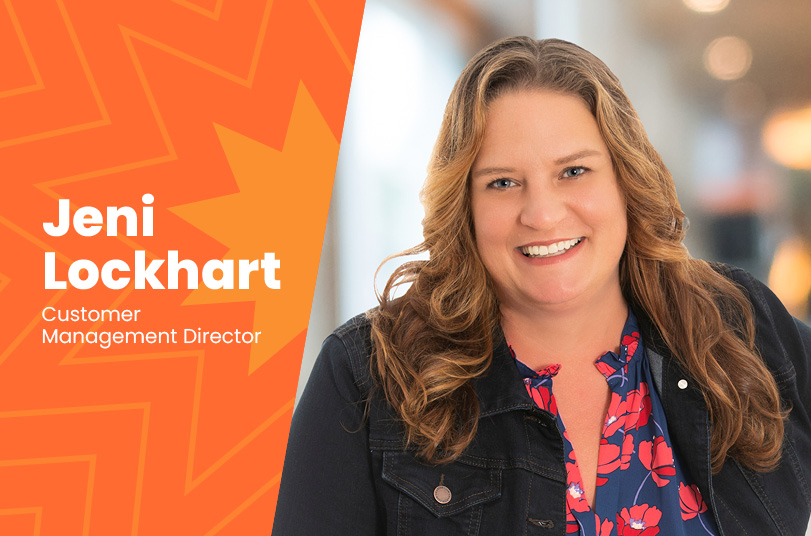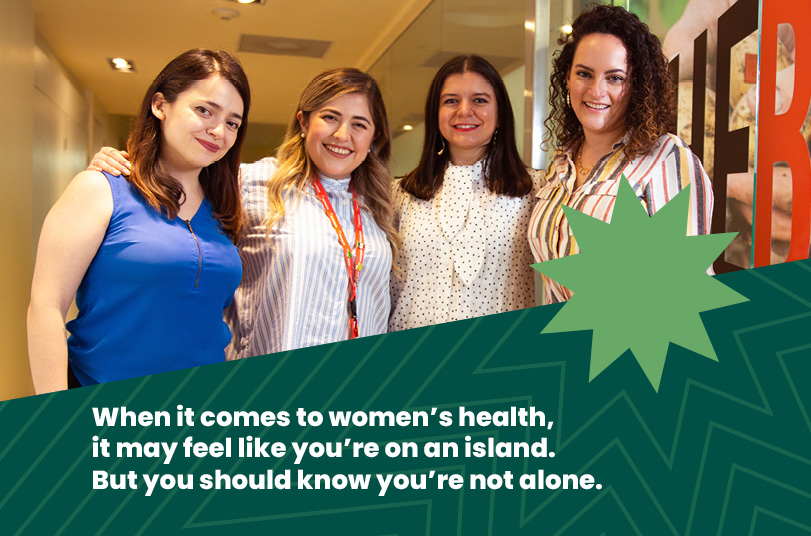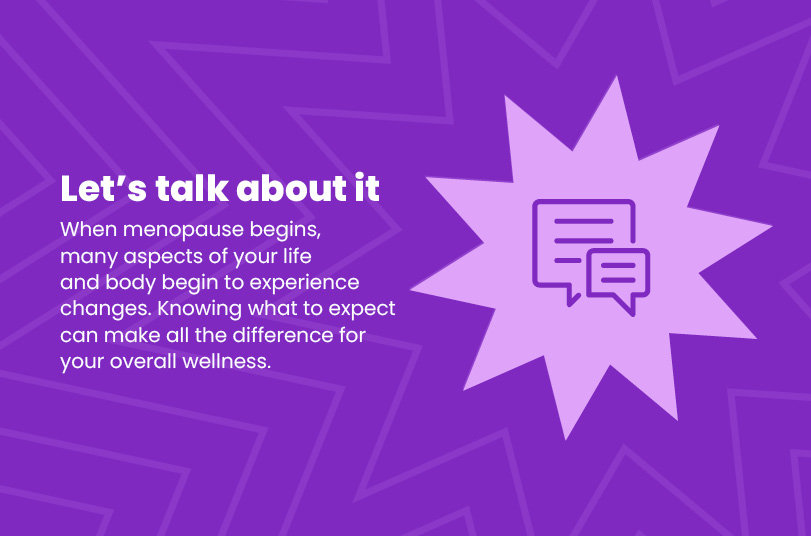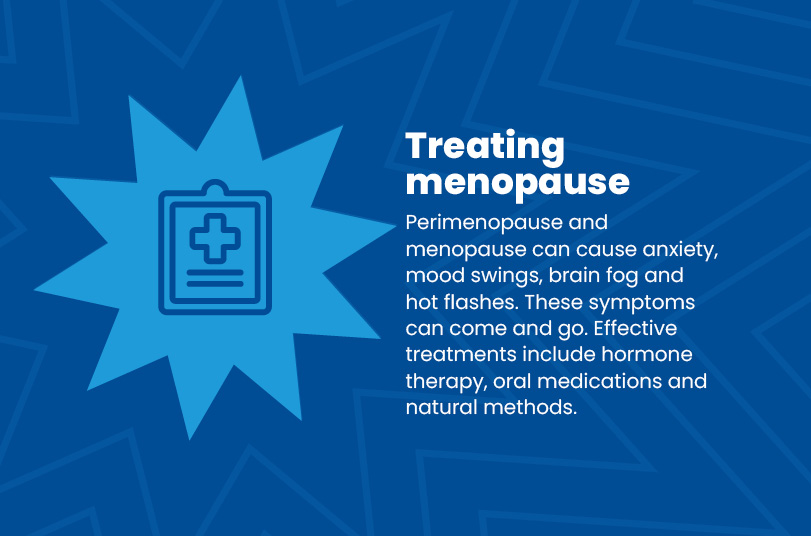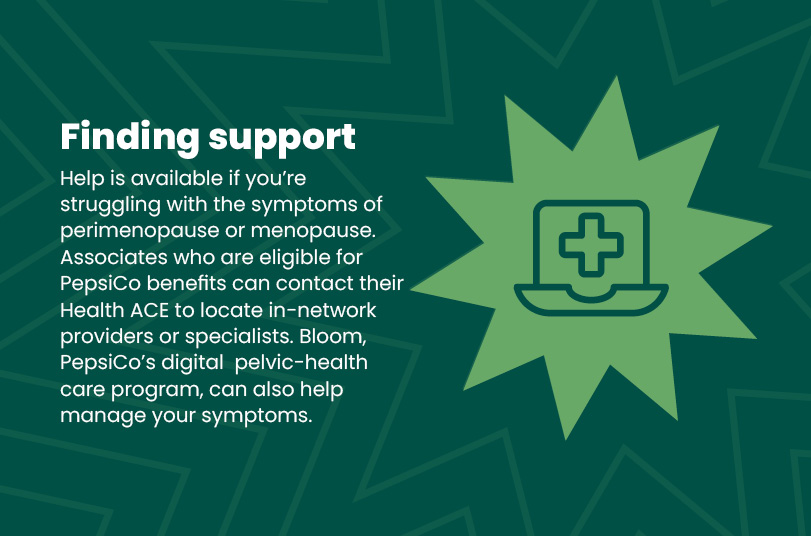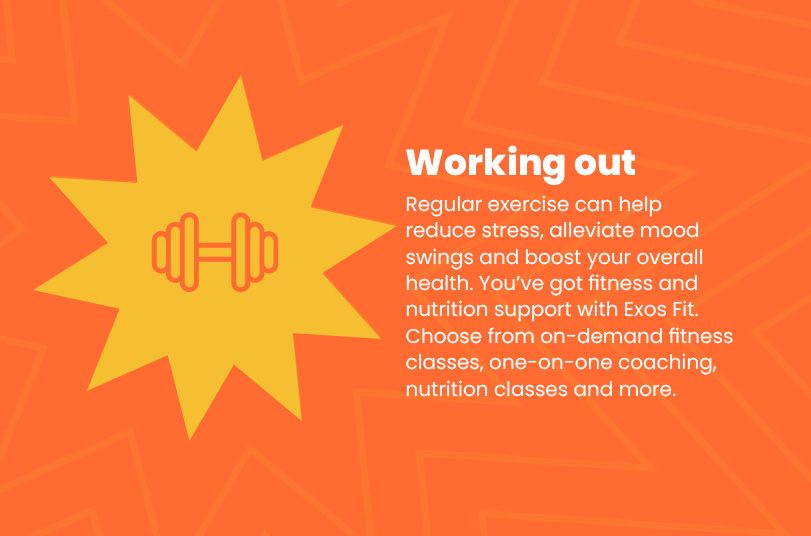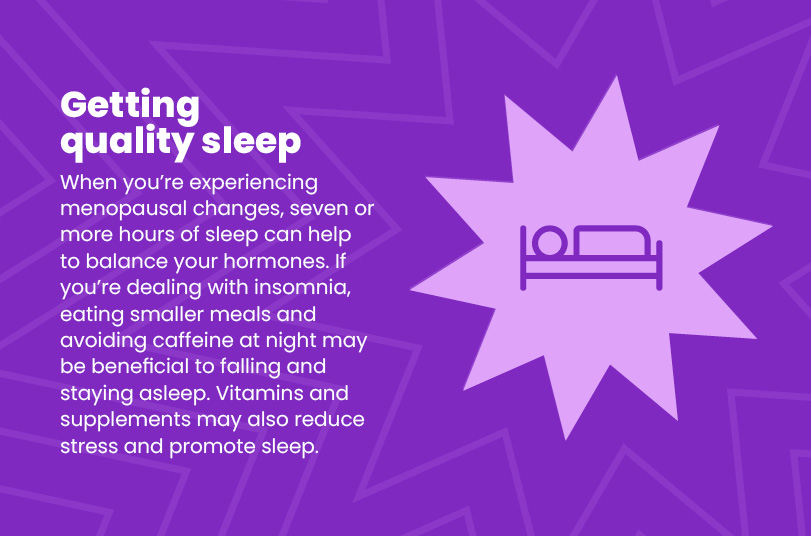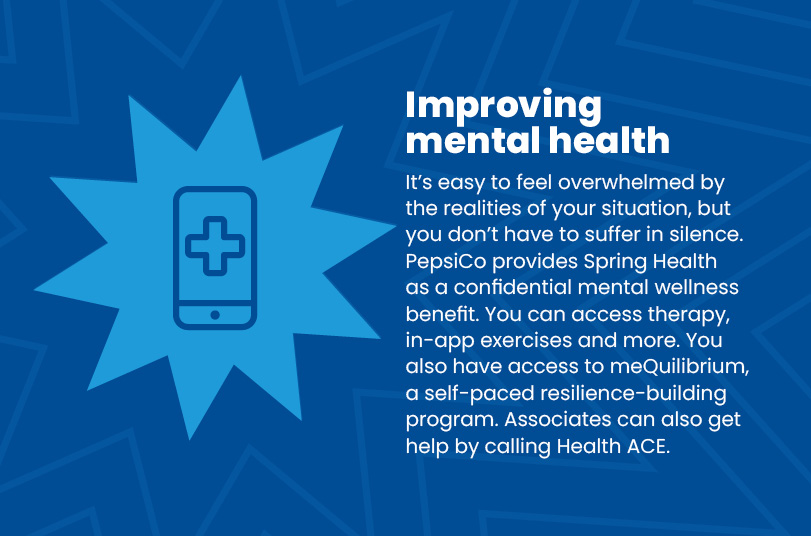Her advice? “Be brave in this space,” she says. “Be your own advocate. If you’re experiencing symptoms like brain fog, mood swings and sleeplessness, those are things that can potentially impact your work. You need to tell people how they can better support you.”
Chih agrees. “Part of self-care is being able to have that conversation so you can ask for what you need,” Chih says. “We have resources — whether it’s Spring Health, meQ, Cleo or ERGs — to help you have those conversations.”
Associates are invited to share as much or as little as they’d like. However, Lockhart emphasizes the need to talk about menopause in the workplace. “Fifty percent of us go through this,” she says. “If we build up more empathetic leaders, they’re more likely to help us be successful and feel supported.”
In the end, embracing open conversations and building understanding around women’s health is not a corporate initiative; it’s a global step toward a more empathetic and supportive future where everyone has space to thrive.



